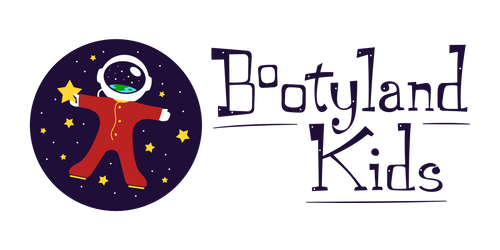Sustainable Criteria
Sustainable Criteria -
Through the lens of Sustainable Development considering: Human Creators and Community, Materials, Production, and Design
Human Creators + Community:
Fair Trade Certified: An organized movement that promotes standards for international labor (such as reasonable work hours, no child labor, the right to unionize, a fair living wage), environmentalism, and social policy in areas related to production of goods. Fair Trade focuses on exports from developing countries to developed countries. Some Fair Trade certification organizations include:
FLO www.fairtrade.net, TransFair (Canada and US) www.transfairusa.org
Ethically Made: Ethical fashion is fashion that has been produced with respect for people and the environment. Although there are existing certifications for Organic and Fair Trade, we want to encourage companies who are taking significant action but don’t qualify for certification. This might include companies producing locally or on small scales in developed countries, who might not qualify for Fair Trade certification, or companies working with farmers to transition to sustainable crops who might not yet qualify as Organic (which takes a few years).
Craft/Artisan: Products that have been crafted using artisan skills which preserve the perpetuation of ancestral tradition.
Owner Run and Operated:
Black Owned
AAPI Owned
Latinx Owned
Indigenous Owned
LGBTQIA Owned
Women Owned
Locally Owned
Mama Run
Supports Arts
Supports Community Efforts
Materials + Production:
Organic Fibers: Natural fibers that have been grown without any pesticides and other toxic materials, preserving the health of humans and the environment. The process of organic growth can be certified by various organizations. We try to encourage our makers to create their designs in GOTS Certified Organic Cotton.
Sustainably Harvested Wood: We look for toy makers that work with materials from sustainably managed and harvested forests.
Up-cycled: Anything that has been made from already existing materials, fabrics, metals or fibers. These are often reclaimed from previously made clothing and accessories and reworked into new ones. Fibers can also be re-purposed from pre-existing fabric, re-spun and reused for new garments.
Recycled or Vintage: Vintage is a generic term for new or second hand garments created in the period from the 1920’s to 1995.
Vegan: Products that have been made without the use of leather or animal tissue products. Examples are shoes and bags made from “vegetal leather”, using Amazonian rubber instead of animal skins or other recycled or man-made materials.
Renewable Energy
Natural Fibers
Small Runs
Made in Seattle
Made in the PNW
Made in the US
Made in North America
Design
Waldorf Inspired
Montessori Inspired
Heirloom Quality
Recyclable
Re-useable
Compostable
